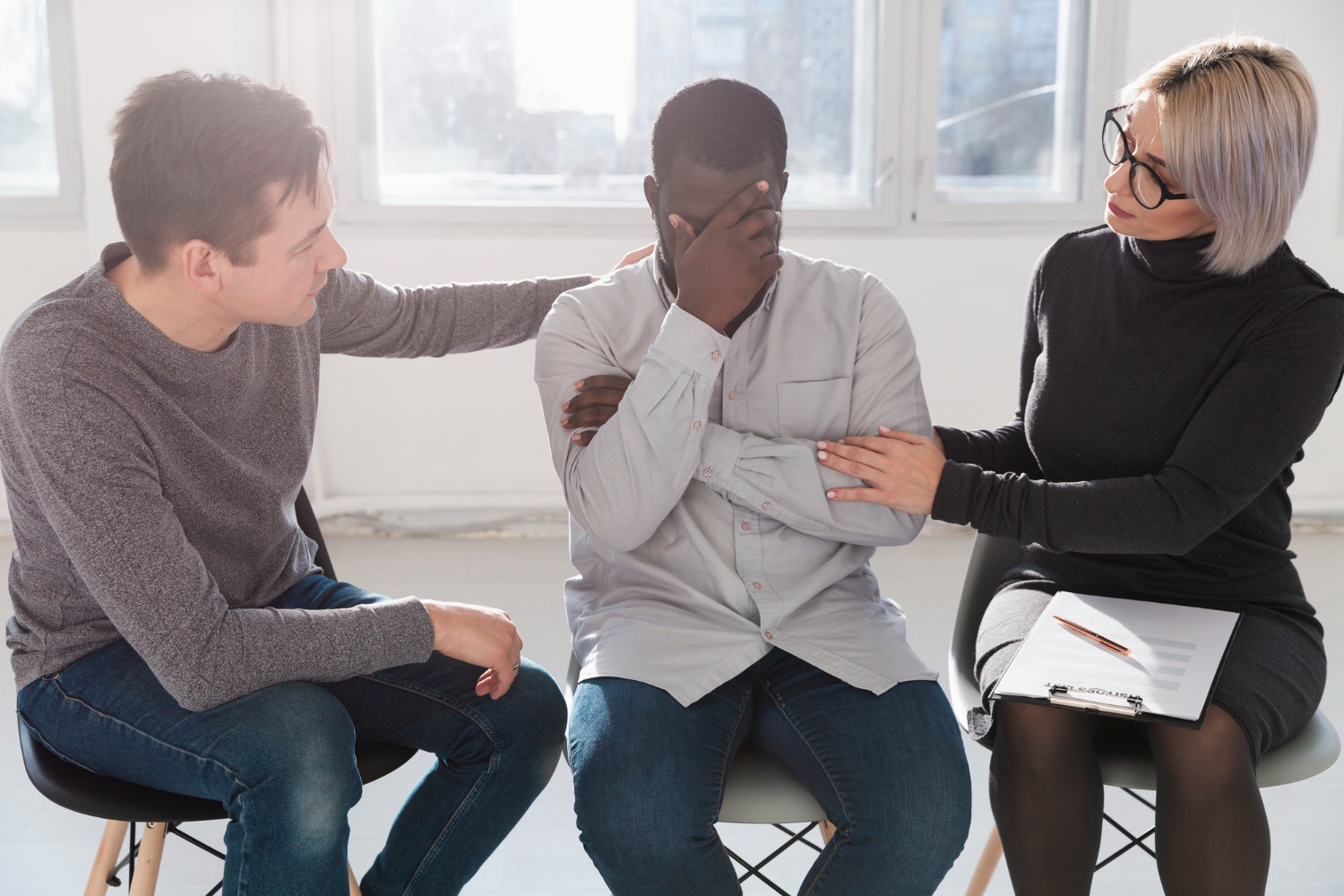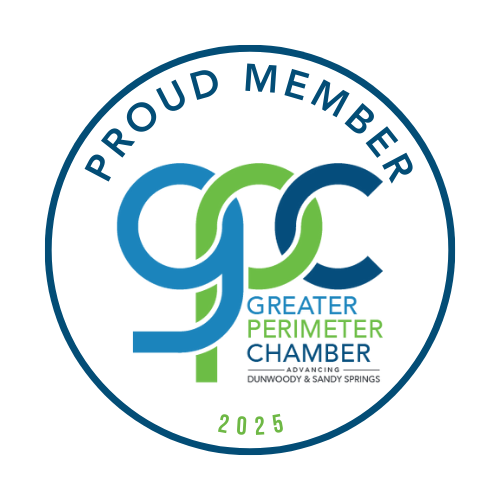Post Traumatic Stress Disorder (PTSD) is a condition caused by a traumatic incident that occurs at some point in a person’s life. It produces persistent feelings of stress and anxiety. It can get in the way of the individual’s ability to function on a day-to-day basis. PTSD can be challenging to deal with, but it can be managed. With the proper treatment, the condition may go away completely. This article will discuss the signs of PTSD and how to get help.
What is PTSD?
PTSD is a mental health disorder caused by a traumatic event. The person with the condition may have experienced the event firsthand, or they may have witnessed it. It causes nightmares, flashbacks, anxiety, and stress. It can last for months or even years.
What Causes PTSD?
PTSD is caused by a traumatic incident. Examples include:
- Domestic Abuse: Victims of domestic abuse often suffer from PTSD.
- An Accident: If you experienced or witnessed a terrible accident, such as a car accident, you may experience PTSD, especially when you feel a similar incident could occur again.
- War: Many war veterans experience flashbacks and nightmares relating to the things they saw and did while serving.
- Physical or Sexual Assault: People who experience sexual assault may deal with ongoing episodes of PTSD.
- Childbirth Experiences: A difficult childbirth or losing a baby can cause PTSD.
It’s not clear why people develop PTSD because of these incidents. Theories include:
- The Survival Mechanism: People may develop symptoms like flashbacks to prepare them if a similar incident happens again.
- High Adrenaline Level: Studies have shown that people with PTSD have abnormally high-stress hormone levels. It’s unclear whether PTSD causes these heightened levels or whether it’s the other way around.
- Changes in the Brain: Brain scans have shown that people with PTSD have smaller hippocampi, the part of the brain responsible for memory and emotions. This may cause it to malfunction and prevent flashbacks and nightmares from being properly processed, leading to ongoing anxiety.
What are the Signs of PTSD?
Seeing the warning signs of PTSD is vital in catching the issue before it becomes more serious. People with PTSD may experience the following symptoms:
- Recurrent, unpleasant memories of the traumatic event
- Flashbacks that make it seem as if the event is happening again
- Upsetting dreams and nightmares related to the event
- Severe emotional and physical reactions when something reminds you of the event
- Avoiding places and people that remind you of the event
- Trying not to think about the event
- General feelings of depression and anxiety
- Withdrawal from society
- Troubled relationships
- Memory problems
- Being easily startled or frightened
- Self-destructive behavior
- Difficulty sleeping
- Mood swings
- Feelings of guilt and shame
- Difficulty concentrating
It’s also not uncommon for there to be a relationship between PTSD and addiction. They may not want to come forward about their PTSD because they don’t want to admit they have a problem. They may not have the time or money to deal with the issue, or they may not think their condition is that bad.
Instead of reaching out for help, they self-medicate with drugs and alcohol. While these may temporarily relieve symptoms, they make matters worse in the long run. The person now has two disorders to deal with, the addiction and PTSD.
How to Find PTSD Treatment Programs
Many programs treat PTSD and linked addictions and mental disorders, but it can be difficult to find the one that’s right for you. You can spend hours researching to find the perfect facility, or you can save yourself time by contacting Atlanta Recovery Place first.
At Atlanta Recovery Place, we realize that every patient is different. We work out customized plans that are best suited to each client’s needs. We believe this is the best approach in ensuring long-term recovery.
We utilize a variety of outpatient treatments so you can recover without spending a lot of time away from work and family. We integrate dual diagnosis therapy that simultaneously treats the addiction and its underlying cause. We follow up with aftercare giving you the support you need to maintain sobriety.
PTSD is not easy to deal with, and it can be even more difficult if it’s accompanied by addiction. Atlanta Recovery Place provides the tools you need to move on to a higher quality of life. Contact us to find out the best ways to achieve the happiness you deserve.









